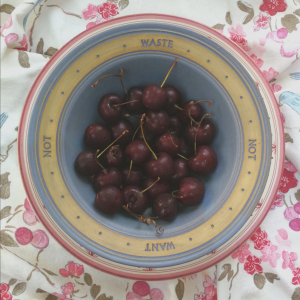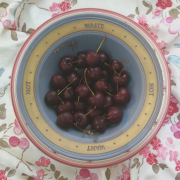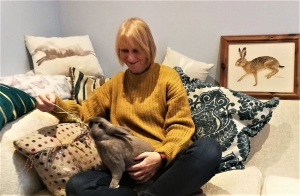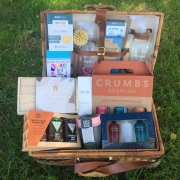Taste or Waste? (first published in West Sussex County Times)

I recently listened to a Sustainable Squad podcast (Listen to this episode now on @spotify and @applepodcasts) with Shane Jordan, who became a chef by chance because of his involvement with Food Cycle, collecting unwanted food from shops by bicycle then taking it to be cooked at a Sussex community centre. In his book, Food Waste Philosophy, he explains that he uses every edible part of plants in his cooking, including banana skins.
I was struck with his passion and ingenuity. Another inspirational example is Horsham chef Lenny Salsano, who works at Hill Top Primary School in Crawley. Pre-pandemic, he engaged the pupils in planting, growing and cooking the food used in their lunches. Lenny is keen for the children to learn how important it is to eat fresh, unprocessed food, and shares his skills with pupils. This year they have made salads, chopped vegetables and watched him make bread, which they then eat. Five other schools under the Caterlink umbrella are now using Lenny’s model.

























 Horsham Eco Churches
Horsham Eco Churches 







